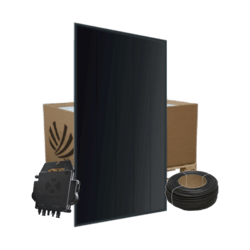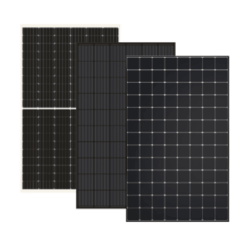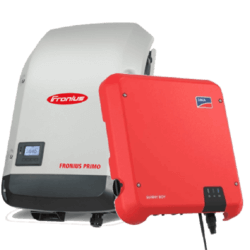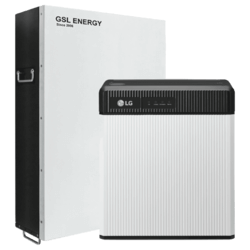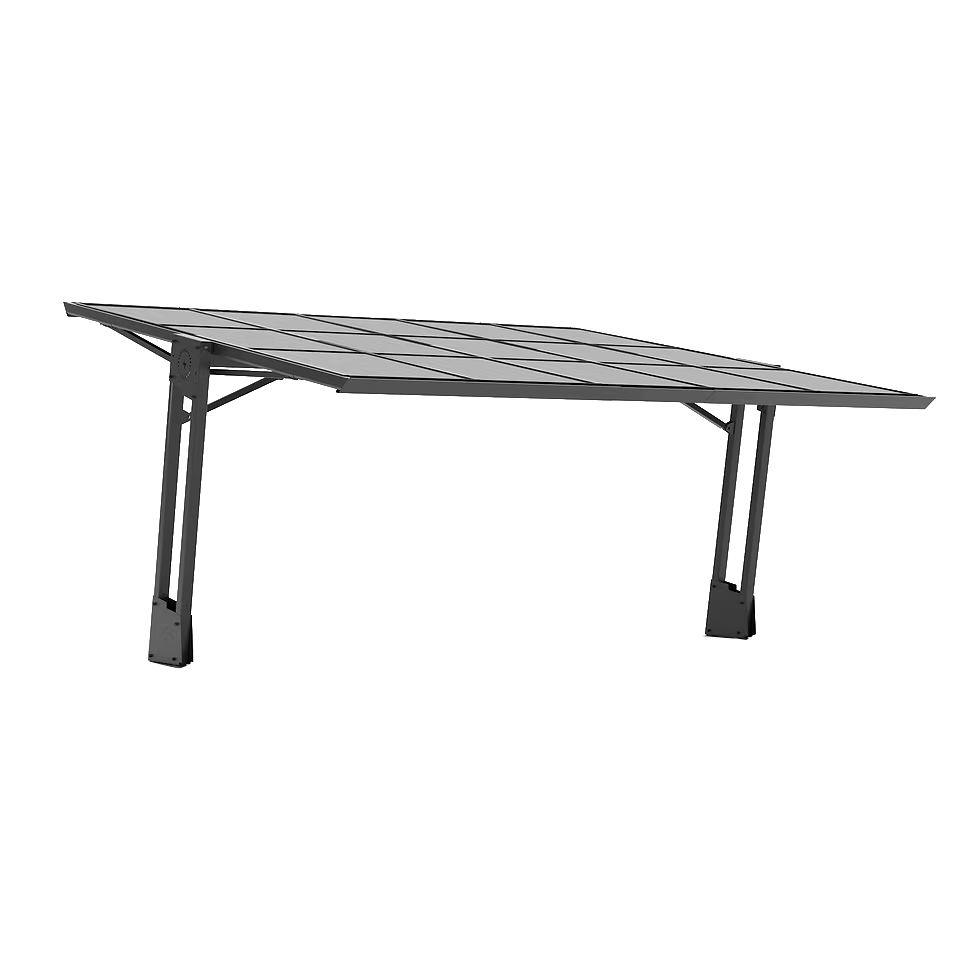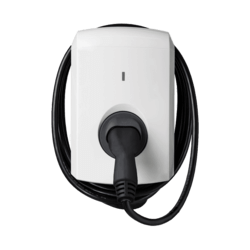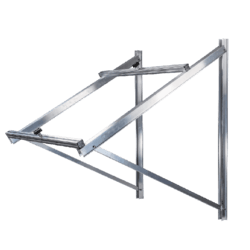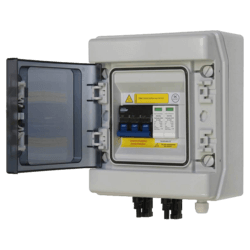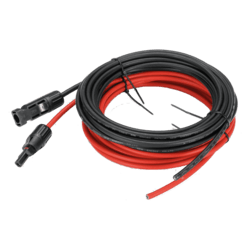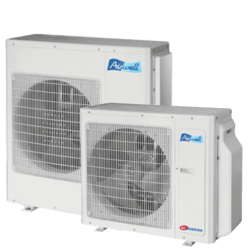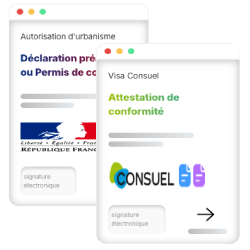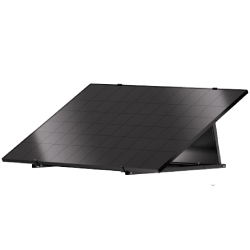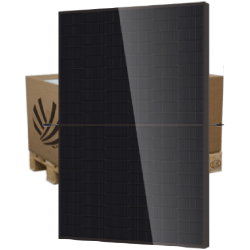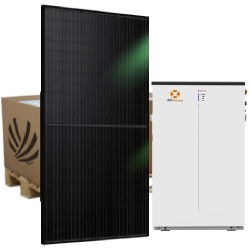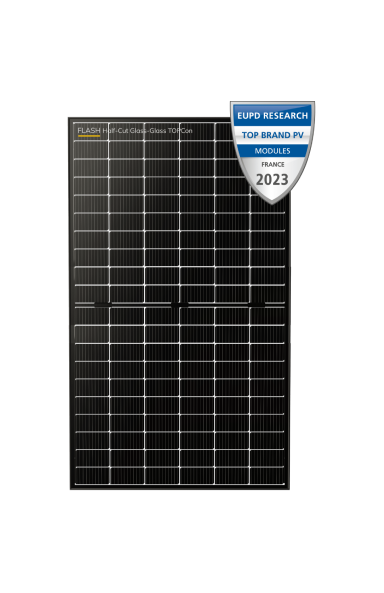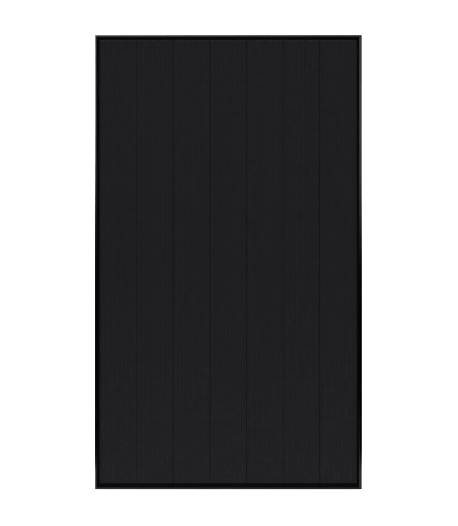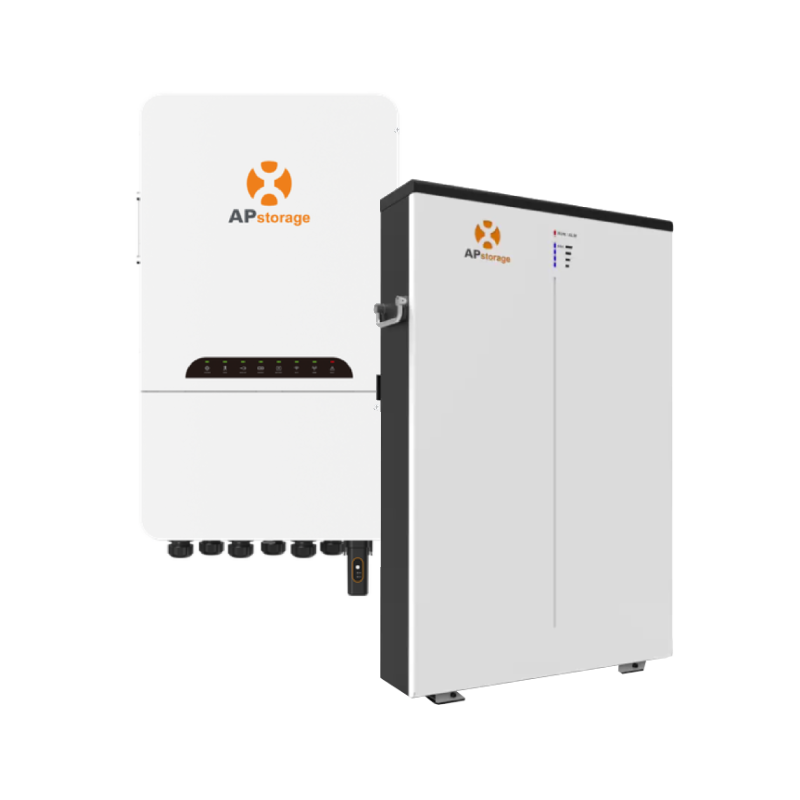Store energy with our solar panel and battery kit. A complete solution for sustainable energy autonomy.
Sub categories
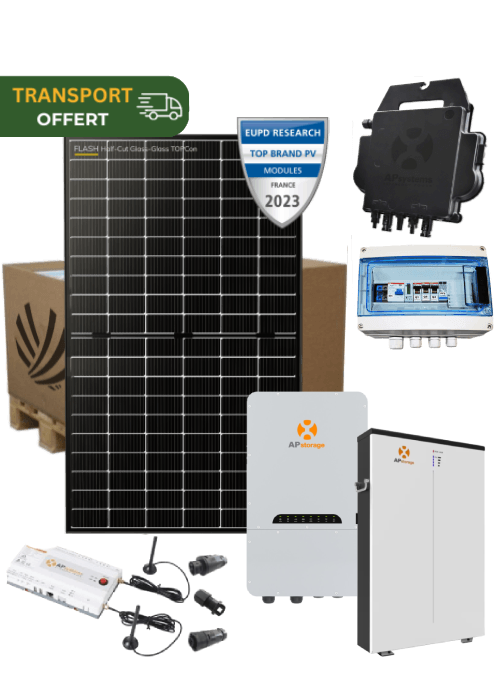
6000 Wp Single Phase Solar Self-Consumption Kit with 12 Dualsun Panels and APSystems DS3-H Micro-Inverter with 6.5 kWh solar battery included
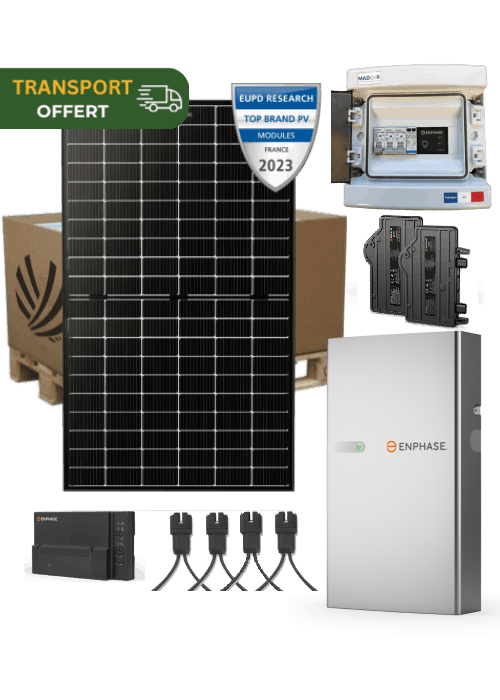
Self-consumption solar kit 4000 W 8 panels Dualsun micro-inverter Enphase IQ8-P with battery kit Enphase IQ5P 5 kWh
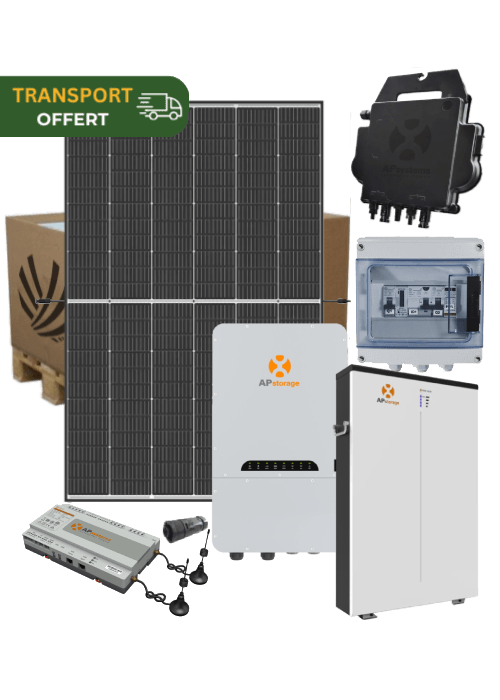
Self-consumption solar kit 3 kW 6 panels Trina Vertex S+ micro-inverter APSystems DS3-H With 6.5 kWh solar battery included
Discover Our Range of Solar Panel Kits with Battery
Are you considering buying a solar panel kit with a battery? This is a great investment to produce and optimize your green electricity. When your solar panels generate electricity, not all of it is immediately consumed by your installation. This results in energy loss, which can be avoided by using solar batteries.
By choosing a solar kit with a battery, you can fully utilize the energy produced by your photovoltaic panels. The battery stores electricity for use at night or during periods of low sunlight. Discover all the benefits of this turnkey solar solution.
What Are the Benefits of Solar Panels with a Battery?
When choosing a self-consumption solar kit, you may wonder whether a battery is necessary. If you opt for a solar kit without a battery, you will use the electricity immediately as it is produced. However, you will not consume all the energy generated. In reality, only about 30% to 50% of the electricity produced is used. Energy production peaks occur during the day when sunlight is strongest.
As a result, the excess electricity generated by your photovoltaic panels is lost. By choosing a solar kit with a battery, you can take advantage of this surplus energy. The battery stores the unused energy during the day, making it available at night or on cloudy days.
With this solution, no green energy is wasted, optimizing your solar panels' performance. Additionally, you save more on energy costs since you use more of the electricity you generate. This increases your energy independence. Lastly, you reduce your carbon footprint by opting for an eco-friendly solution that helps protect the planet.
How Does a Solar Panel System with a Battery Work?
A solar battery is an assembly of electrochemical accumulators. These components are reversible generators, meaning they can store energy and then release it when needed. The accumulator within the system is rechargeable, and its capacity determines how much energy it can store. This capacity is expressed in Ah (ampere-hours).
The battery goes through different charge and discharge cycles, managed by an Energy Management System (EMS). The EMS monitors the amount of electricity produced by the panels and the battery’s charge status. This allows it to regulate charging and discharging accordingly. Additionally, the battery includes a Battery Management System (BMS)to ensure safe operation and extend its lifespan.
A solar battery is designed for the slow charging process of solar panels. Its autonomy depends on the installation and storage capacity. For example, a 3,000 Wh battery can provide 3,000 W of power for one hour.
A solar kit with a battery typically includes:
-
One or more photovoltaic panels
-
An inverter or micro-inverter
-
Cables for necessary connections
-
A battery for electricity storage
What Is the Lifespan of a Solar Battery?
The lifespan of a solar kit battery depends on the type of battery and how it is used. It is measured in charge and discharge cycles, which can range from 500 to 10,000 cycles.
However, the actual lifespan is affected by various factors, including the depth of discharge—the percentage of the battery’s capacity used before recharging. A deep discharge shortens the battery's lifespan, so it is best to keep the depth of discharge limited.
Moreover, exposure to extreme temperatures can reduce battery life. Placement is crucial: avoid exposing batteries to high heat or freezing conditions.
Depending on the type of battery chosen, a solar kit battery can last between 7 and 15 years. The most durable options are lithium iron phosphate (LiFePO4) batteries.
Which Solar Kit with Battery Should I Choose for My Installation?
Types of Solar Batteries
There are different types of solar batteries:
-
Flooded Lead-Acid Battery: Uses liquid sulfuric acid; poorly resistant to heat and cold; emits hydrogen, making it an uneco-friendly option.
-
AGM Solar Battery: A sealed lead-acid battery that doesn’t release heat or hydrogen; can be used daily but is not environmentally friendly.
-
GEL Solar Battery: A sealed lead-acid battery that requires no maintenance; has a long lifespan and withstands high charging speeds but is expensive.
-
Lithium Iron Phosphate (LiFePO4) Battery: Offers excellent performance and long lifespan.
At Planet Soar, we recommend lithium iron phosphate batteries. Thanks to their high energy density, they can store large amounts of power without needing frequent recharges. They have a lifespan of up to 10,000 cycles, ensuring years of operation. Additionally, they offer enhanced safety, reducing overheating risks.
Key Factors for Choosing Your Solar Panel Kit with Battery
When selecting your solar kit with a battery, consider:
-
Battery storage capacity
-
Discharge time (longer discharge time provides more usable energy)
-
Minimum autonomy
-
Number of cycles
We offer a range of batteries from 3.0 kWh to 15.0 kWh from recognized brands.
Also Discover:

